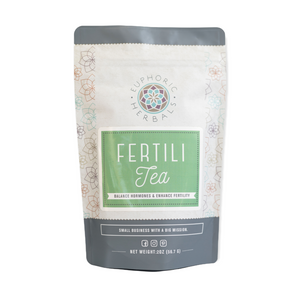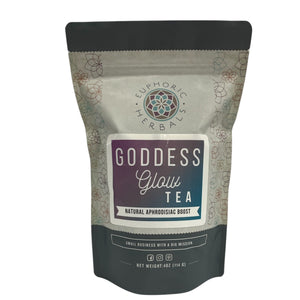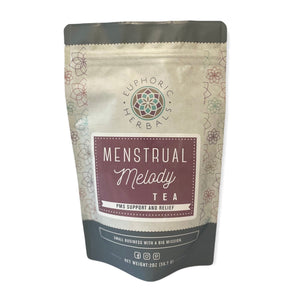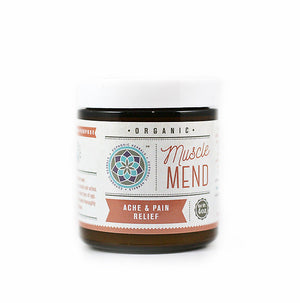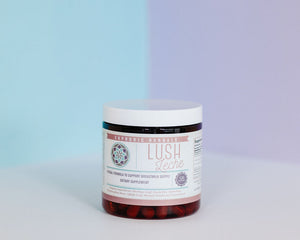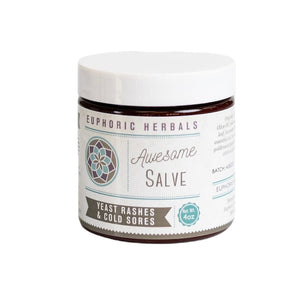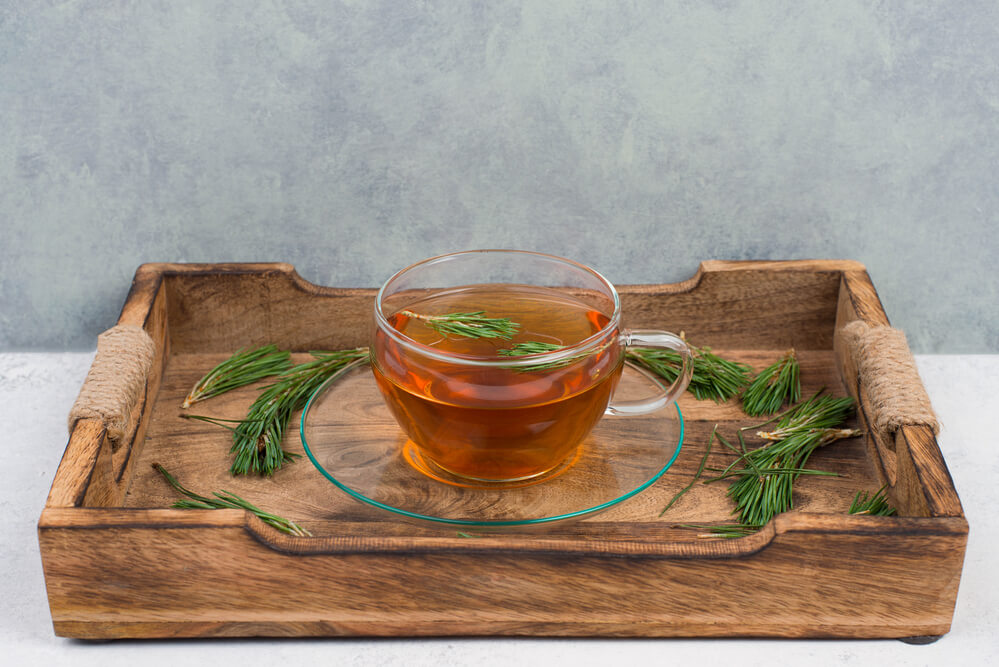How to use Pine Needle Tea for Health?
If you have pine trees growing in your backyard, you have an easy-access herb that has quite a few health benefits.
Pine needles and other parts of the tree have been used for hundreds- and probably thousands- of years for health, but they are only just coming back into the spotlight as "an herb of the people."
Here's more about the hidden benefits of pine, a simple pine needle tea recipe, and other ways to use this aromatic herb.
Pine needles come, of course, from the pine tree (Pinus sp.). This sounds obvious, but it's actually an important thing to keep in mind because many evergreen conifers get called "pine trees" even when they are not pine at all.
To get all the benefits of the needles and avoid potentially toxic trees, make sure you collect from a true pine tree, like Eastern White Pine (Pinus strobus). Look up foraging guidelines before you harvest because some evergreen species are toxic.
True pine trees, however, have long been valued and used in many different herbal traditions.
Native American medicine is one of the best examples of this. They used pine in many ways, including as an ointment for the skin and a general health tonic, and made use of the bark and sap as well as the needles.
Today, many herbalists favor pine as a support for the respiratory system and a mild immune booster.
What are the Health Benefits of Pine Needles?
Rich in Immune-Supportive Vitamin C
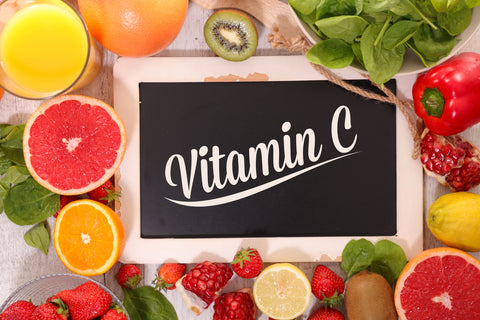
Pine needles were once used to make a tea that fought scurvy because of their vitamin C content. (This was something the Native Americans taught the new settlers.)
They don't have an extremely high amount of vitamin C (as compared to eating an orange, for example) but are still a good herbal source of this immune-supporting vitamin. (1)
Using the needles to make a cup of tea is a great way to give your immune system a gentle boost, especially because the needles also contain shikimic acid, a compound that may have antiviral properties. (2)
Rich in Antioxidants
Like many other herbs and plant foods, pine needles contain antioxidants that help to protect your body from free radical damage, chronic inflammation, and disease.
Studies have found that some of the specific antioxidants in pine needles include proanthocyanidins and catechins. Not only do these antioxidants help lower inflammation, they also have shown potential for fighting cancer cells. (3)(4)
Provides Respiratory Support + Decongesting
Perhaps one of the best health benefits of pine needles is their ability to help relieve congestion and support your respiratory system. They contain compounds that naturally have a decongesting and expectorant effect, which can help clear out excess mucus and ease coughing.
To do this, you can use pine needles to make an herbal tea, herbal syrup, or herbal steam.
Pine essential oil is also powerful for clearing your lungs. It can be diffused or used with coconut oil to make a homemade chest rub. You can also make use of it in a blend with other congestion-fighting evergreens, like in this Respir Aid essential oil blend.
May Boost Your Brain Power

Some new studies indicate that pine extract may be able to boost brain function, particularly by improving memory and protecting your brain from what is often called "cognitive decline." (5)
As the research shows, this is directly connected to the antioxidant content of pine needles. Antioxidants are key to protecting brain cells from damage and can also help reduce low-level inflammation in the brain that causes it to degenerate.
Many people also find that the aromatic nature of pine needle tea improves their mental clarity, which is another reason to try some for yourself!
Soothing for Skin Ailments
Another one of the traditional health benefits of pine needles is an ability to protect and ease skin woes.
The needles are believed to possess antibacterial and antifungal properties. This, combined with their anti-inflammatory nature, makes them a perfect ingredient for a skin-soothing salve or ointment.
In fact, pine was used this way by the Native Americans. It can be used as a general skin healer and also makes a great addition to a balm or oil blend for sore muscles.
Acts as a Diuretic
Diuretics increase urination and can help to get excess fluid out of your body. They also help to flush out your kidneys, encouraging any built-up toxins to exit as well.
Pine needles have diuretic properties and can be made into a tea to support urinary health. Like other herbal diuretics, pine needles contain nutrients that keep your body from getting depleted with the exit of fluid.
How to make Pine Needle Tea?

This is a very simple and quick tea to make. Fresh pine needles are best, but some herbal stores do now sell packaged needles.
Please Note: As mentioned before, be sure of your identification of pine before using the needles to make a tea. Some evergreen species are toxic, so be sure you are harvesting from a true pine tree.
Ingredients:
- Handful of pine needles (1/4-1/3 cup)
- 10-12 ounces just boiled water
- Sweetener (optional)
Instructions:
- Rinse your pine needles before using and remove the brown end coverings. You can chop them into smaller pieces or simply crush them slightly with a mortar and pestle to help release the essential oils.
- Place the pine needles in a glass jar or another heatproof container. Pour the just boiled water over them, cover, and steep for 10-15 minutes.
- Strain out the needles, sweeten if desired, and enjoy your tea!
Other Ways to Use Pine Needles
Pine needle tea is the most popular way to use pine, but you can also make an herbal syrup or even a pine needle vinegar. For the vinegar, simply steep fresh pine needles (rinsed and chopped or crushed) in apple cider vinegar for 4-6 weeks.
The needles can also be used as an herb in a salve or infused into white vinegar to make a naturally pine scented all-purpose cleaner.
Another option is to use pine essential oil. This may be a good choice if you don't have access to pine trees. The essential oil can be diffused, added to an herbal steam, or used in a chest rub for respiratory support.
Precautions
Pine needles are generally safe to use, although some people have an allergy to pine pollen, so discontinue use if you experience an allergic reaction.
Ponderosa pine is not recommended to be used to make tea or other herbal preparations, especially for pregnant women.
Again, always be sure of your identification of a true pine tree before harvesting and using the needles.
Rediscovering Pine Needle Tea
Now that you know about all the health benefits of pine needles, are you feeling tempted to try making yourself some pine needle tea?
Given how beneficial this herb is and its long, rich history of use, it's definitely time for more people to "rediscover" pine and its health-boosting effects.
If you're lucky enough to have your own pine trees nearby, you'll probably never be short on this very handy natural remedy!
Disclaimer: This post is for informational purposes only. It does not constitute medical advice and should not be substituted for medical advice. Please consult your health care provider, herbalist, midwife, or naturopathic physician before taking herbs, supplements, etc. Here's the link to our full disclaimer.






















































